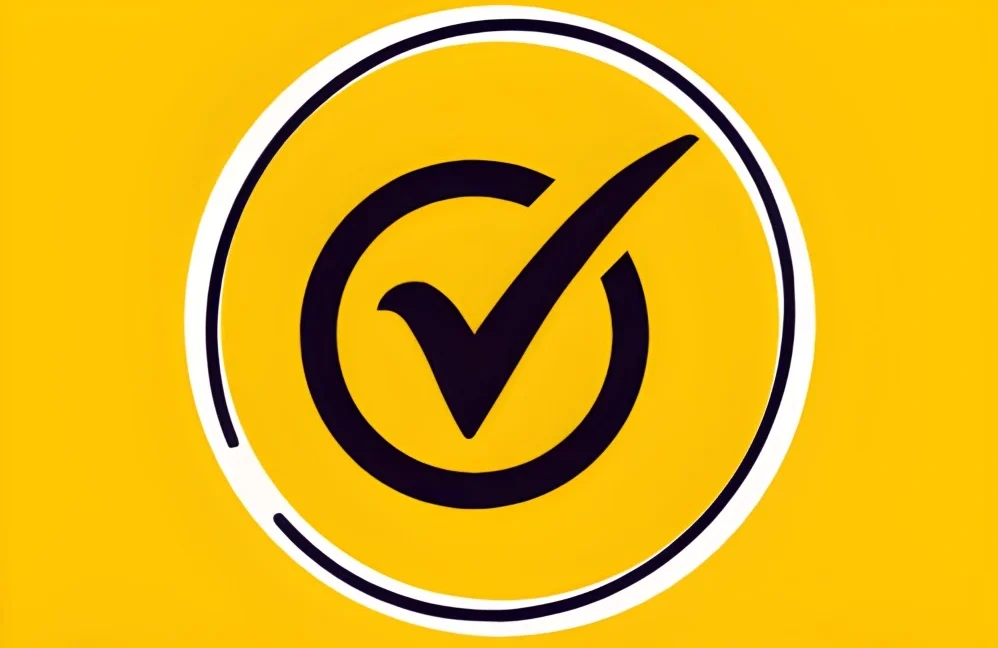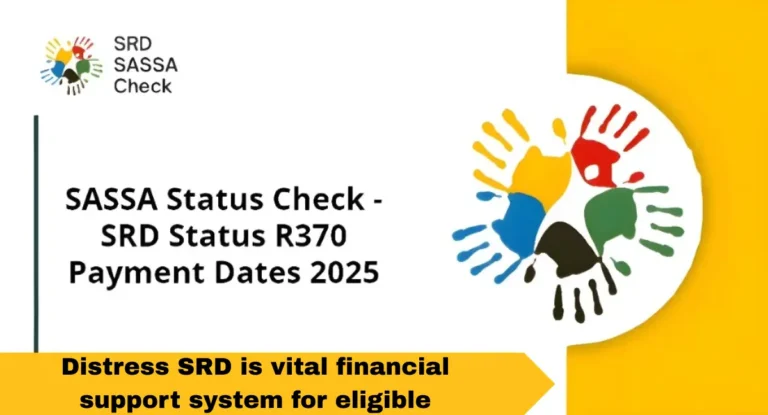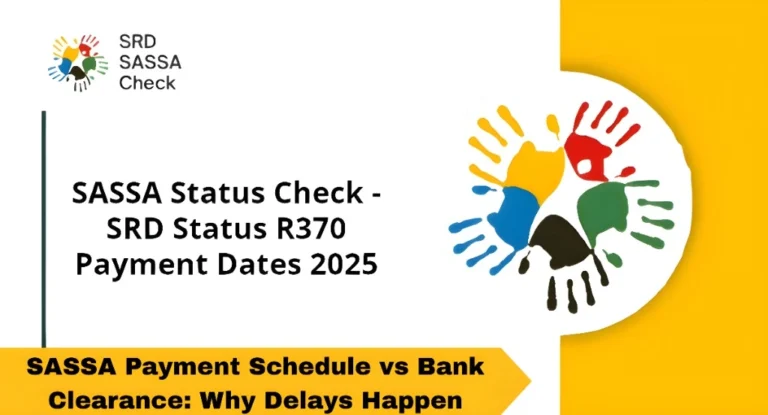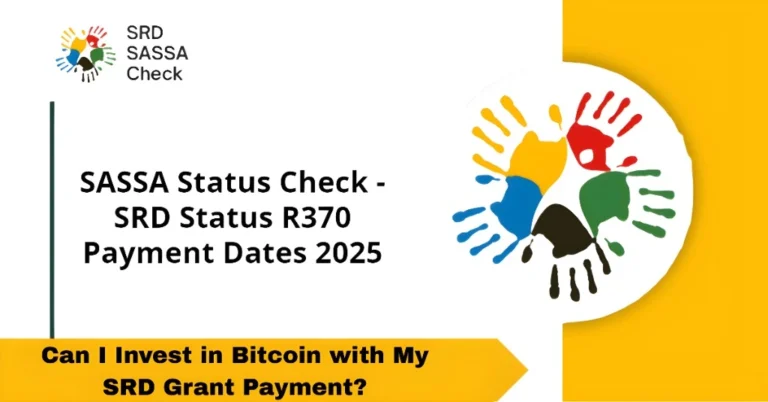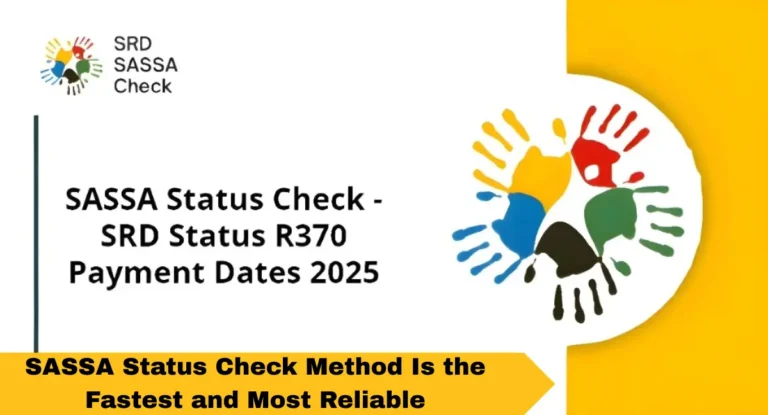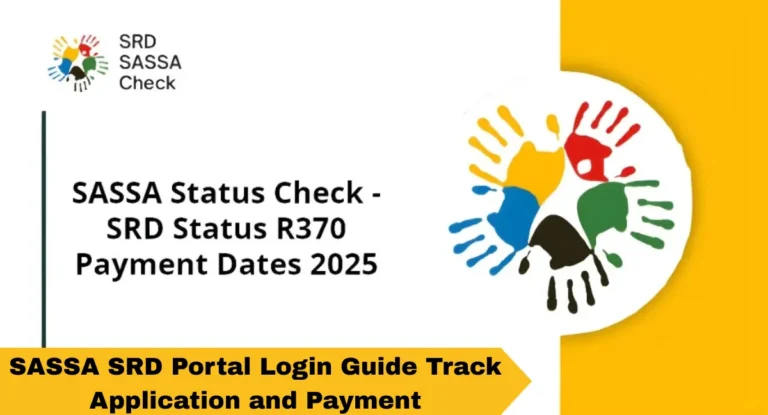Is the SASSA R700 Grant Real?Foolproof Guide to Find Out
If you’ve come across messages claiming that the South African Social Security Agency (SASSA) is offering a new SASSA R700 Grant Real , it’s important to be cautious. SRD SASSA Status Check has officially stated that there is no such grant available. These messages are part of a scam designed to deceive individuals into providing personal information.
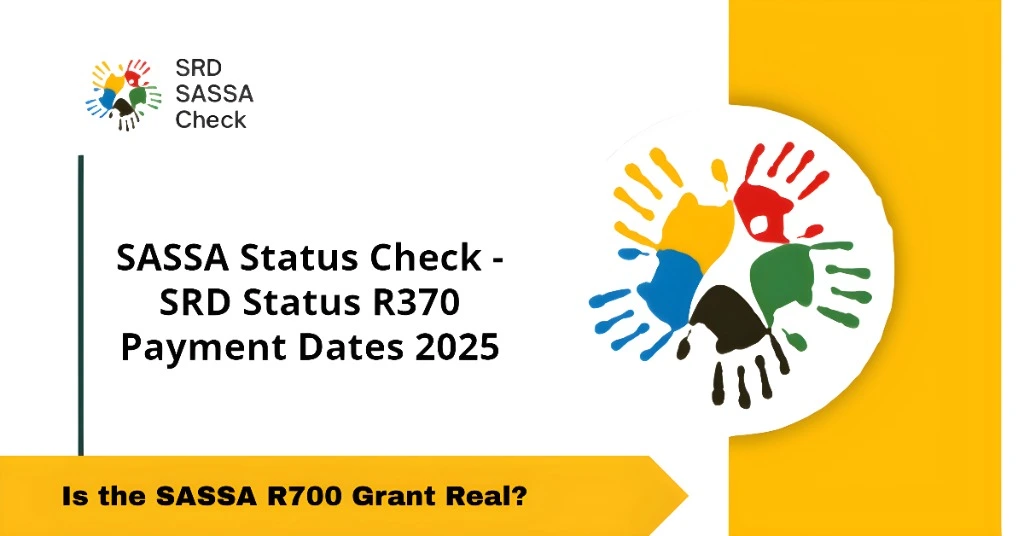
What Is the R700 Grant Scam?
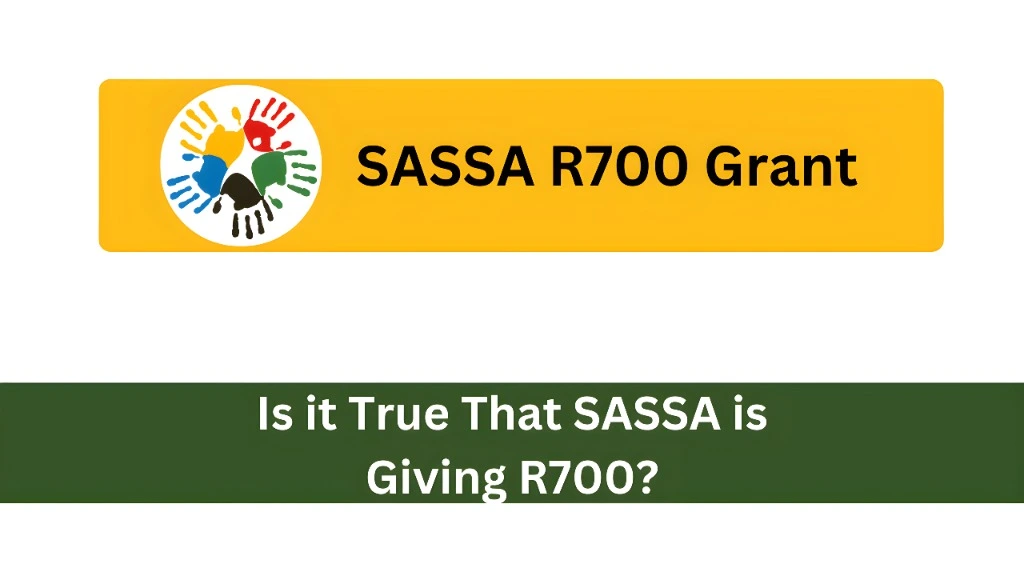
The SASSA R700 grant Real scam involves fraudulent messages circulating on platforms like WhatsApp and Facebook. These messages falsely claim that all South Africans SRD Grant Application under the age of 65 qualify for a R700 payment.
They often include a link for registration, urging people to sign up to claim the grant. To avoid such scams and confirm genuine updates, always rely on the official SRD SASSA Status Check and Payment Dates platform. The scam suggests that over 675,000 South Africans will benefit from this supposed grant in 2024.
How to Spot the Scam
Be vigilant and look out for these red flags:
The links provided often lead to unofficial websites that have no connection with SASSA or any official government organization.
Scammers use urgency tactics to make people “apply immediately” or “don’t miss out,” pressuring recipients into taking hasty actions.
Scam messages typically contain numerous grammar mistakes and spelling errors.
It’s very unrealistic that half a million people received the R700 grant without any official announcement.
A legitimate grant of this magnitude would receive attention from established news organizations
How to Protect Yourself
To safeguard your personal information:
How to Safeguard Your Personal Information
Use Strong Passwords:
Ensure your online accounts are protected with strong, unique passwords.
Be Wary of Requests for Personal Information: Scammers often ask for sensitive information such as your ID number or bank details. Avoid sharing this information with untrusted sources.
IEnable Two-Factor Authentication:
For extra security, enable two-factor authentication (2FA) on your accounts to prevent unauthorized access.
Legal Consequences of Falling for Scams
If you have been affected by a scam:
Global Awareness of Scams
Scams like the R700 grant offer are not limited to South Africa. Many countries face similar fraudulent schemes targeting vulnerable populations. Understanding how to recognize and avoid scams can protect individuals worldwide.
SASSA’s Role in Preventing Fraud
SASSA plays a crucial role in protecting beneficiaries from fraud.
Continuous Monitoring:
SASSA regularly monitors and investigates fraudulent schemes to ensure beneficiaries’ safety.
Public Awareness:
The agency continuously educates beneficiaries on how to identify and avoid scams, ensuring that they are always up to date with the latest threats.
FAQs
Final Thoughts
While the idea of an additional R700 grant might be appealing, it’s crucial to recognize that such offers are scams. Protect yourself by staying informed and cautious. For legitimate grant information, always refer to official SASSA communications.
Stay alert and never share your personal information with unverified sources to keep your finances and personal details safe.
